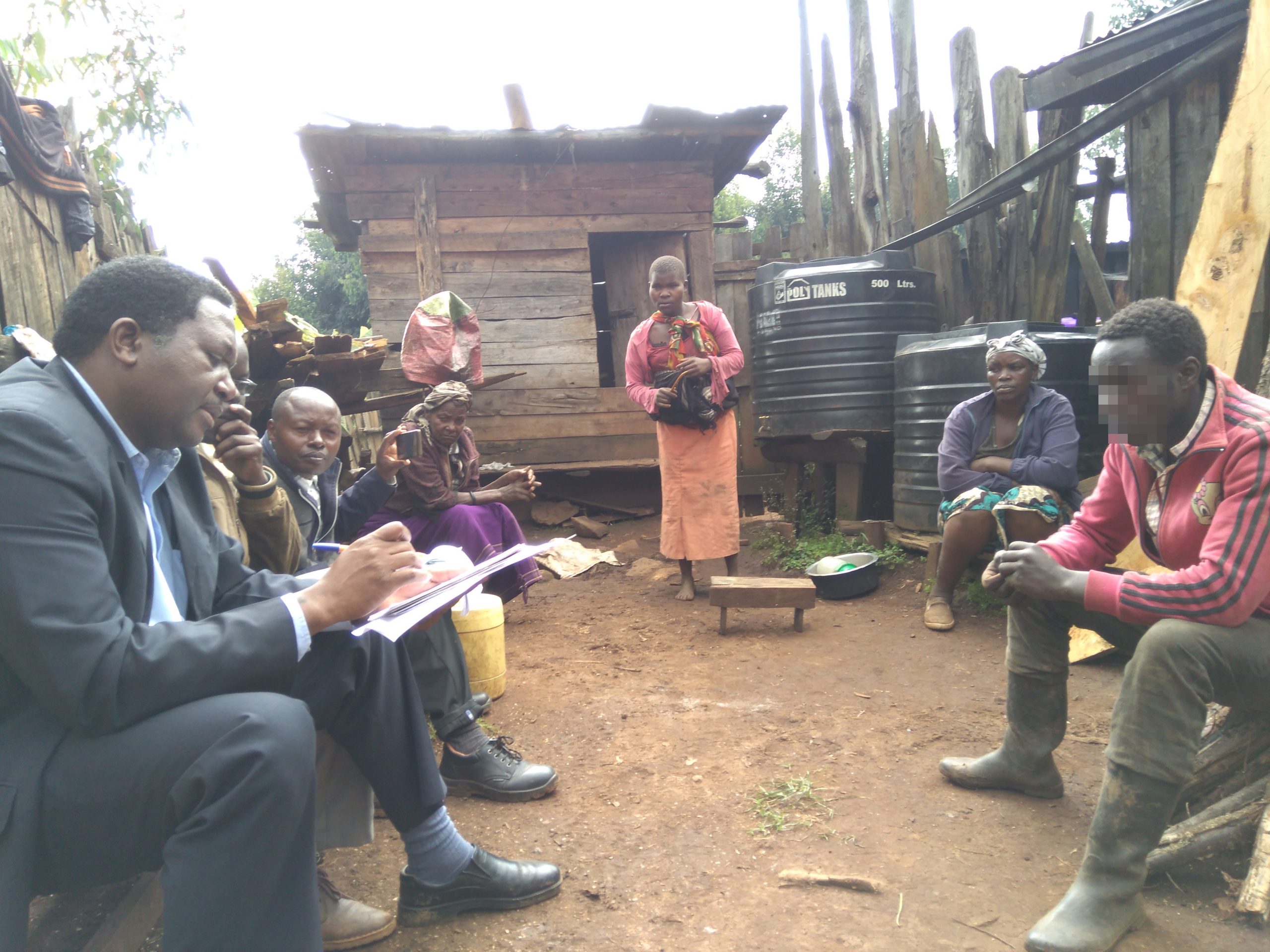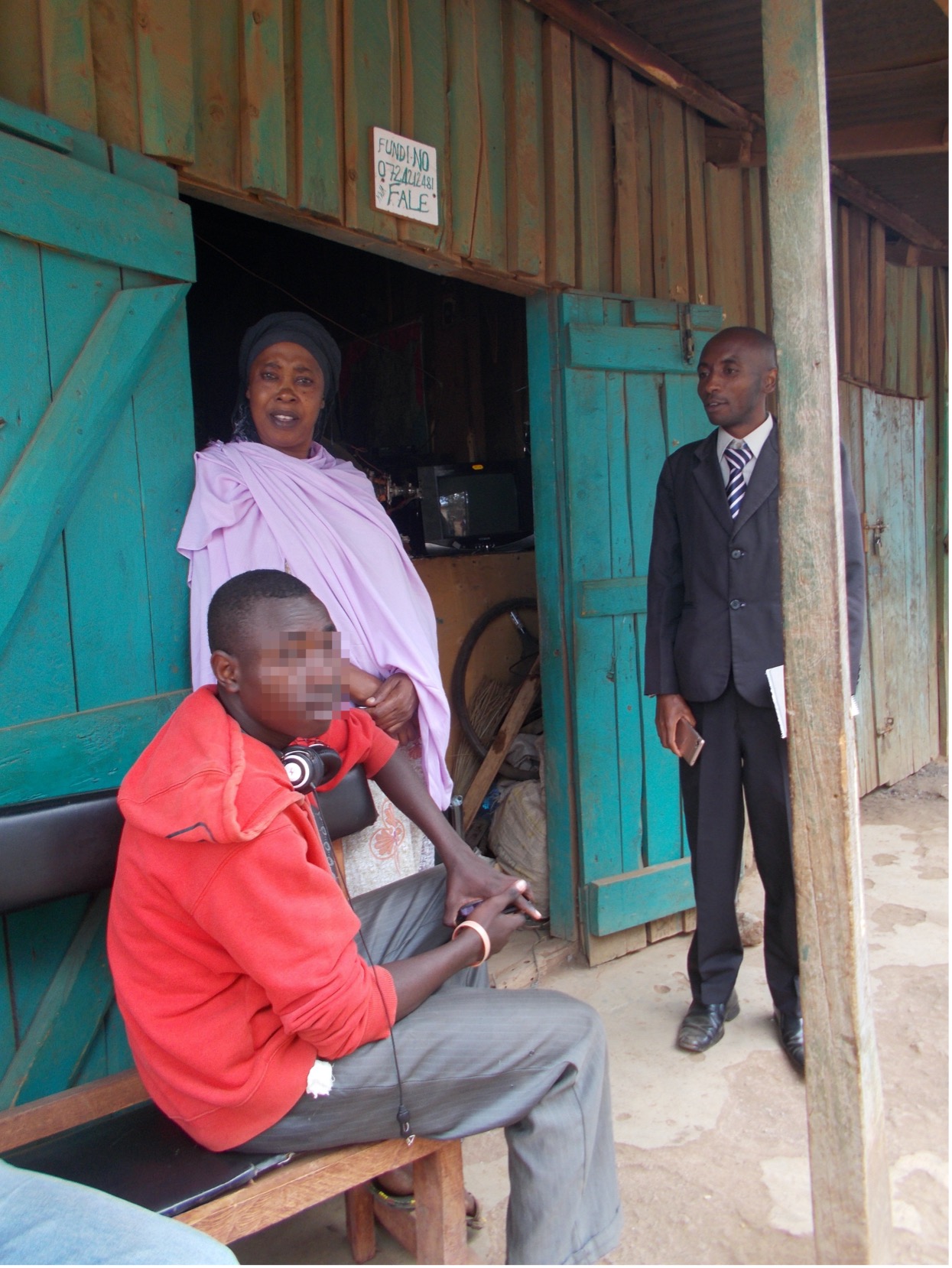funded by Niwano Peace Foundation,
August 2017-July 2018
Project outline and outcomes:
The Volunteer Probation Officers (VPOs) programme was started 2004 with the objective of providing auxiliary support to mainstream probation officers but specifically to expand the departmental outreach services in the community in criminal justice dispensation, provide a bridge between the department and the community in crime management, intensify offender supervision, increase the capacity and speed within which probation officers can be able to provide court services and to increase effectiveness in service delivery.
Mirai Future of Kenya collaborated with the Probation and Aftercare Service in activating the existing VPOs system to realize the community based offenders supervision, rehabilitation and reintegration.
The project aimed at revitalizing the volunteer’s involvement to the probation department’s operations through well planned refresher training considering that the department utilised less than a quarter out of the entire volunteer fraternity. In other words, VPOs were rarely assigned to any activities. The project ensured the generation of Individual Treatment Plan (ITP) for targeted child and youthful offenders in the 6 probation offices in Nakuru and Kajiado Counties, namely Naivasha, Engineer, Nakuru, Molo Probation offices in Nakuru County and Kajiado and Loitoktok Probation Offices in Kajiado County. The Probation officers selected 10 cases to be assigned to VPOs with specific tasks in the communities according to the ITPs they generated.
Activities
Refresher VPO Training (November 2017)
2 days refresher training in two counties (Kajiado and Naivasha) were conducted, and 2 probation officers including the sub-county officers (station incharge) from each Probation Office in the target areas were invited to attend the training together with their VPOs so that the linkage and sound work relationships as a team is established during the training.

1st Monitoring visit – ITP generation/case meetings with VPOs (February 2018)
The monitoring team from probation and aftercare services HQS and Mirai Future of Kenya visited the targeted probation offices to confirm the progress of ITP generation in each station and selected 10 cases assigned to VPOs.

2nd Monitoring visit- VPO community based supervision (June-July 2018)
The monitoring team from probation and aftercare services HQS and Mirai Future of Kenya visited the VPOs working areas to meet the clients and their families and assess progress and client’s reaction to the supervision within the communities.
Impact/Outcomes
One year project focusing on revitalization of the VPO system in Nakuru and Kajiado basically attempted to understand how the probation office can utilize the local VPOs in the case management for offenders’ supervision.
As for the refresher training, it was the 2 days residential training and Probation Officers (POs) and VPOs built up the sense of working as a team during the training period. POs understood through the training that VPOs are not replacing with them nor taking their works away. Rather, they are just supporting their work on the ground as supplementary agents for more effective supervision in the communities. For ensuring their proper understanding on the VPOs roles and functions, the training should be targeting POs as well. POs’ understanding and positive perspectives toward VPOs must be a key to success of functional VPO system.
After the training, generally speaking, the VPO system worked, and lots of positive opinions on the impacts of hands-on work from local resource people, i.e. the VPOs.
They are in locality and clients and their families feel closer to them than the governmental officers, and sometimes revealed the important information only to the VPOs.
In some cases, the VPOs took roles to intervene the disciplinary areas instead of the clients’ fathers. In the cases of a female VPO, she behaved like a friend to the mother of the client, and built a sound relationship to support the rehabilitative process of the client in the family set-up. It was shown since many family members express their gratitude to the commitments by the VPOs.
Especially the clients from financially destressed family, monthly visit to the probation office should be burden to them due to the expenses of bus fare. The POs tried to utilize VPOs particularly such cases so as to reduce the number of office visit and divert their clients to meet the VPOs near from their homes.
The PO who participated in the project seemed to understand how effectively the VPOs assist their case managements especially in terms of offenders’ supervision.


